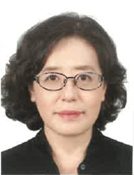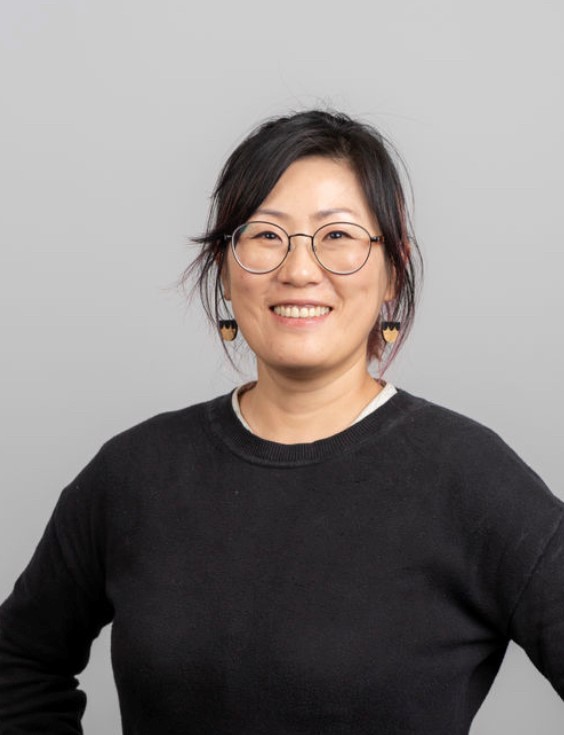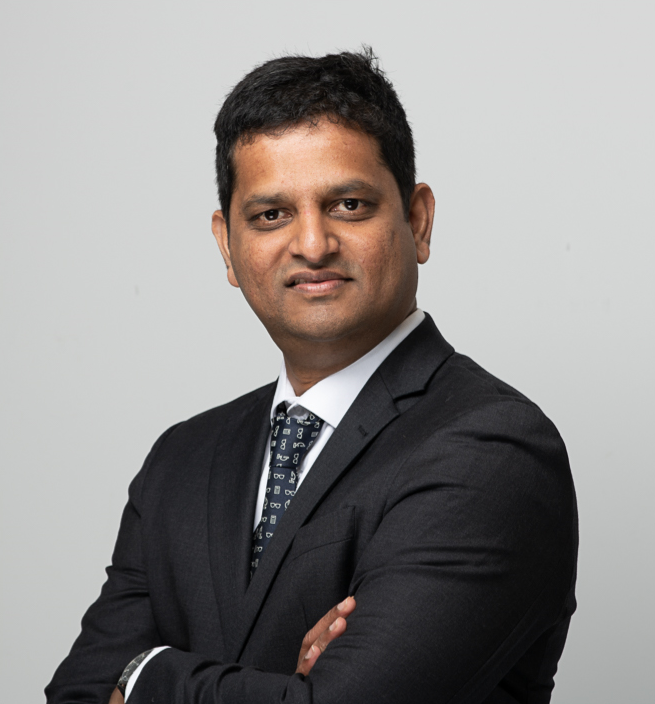Korea’s Ministry of Employment and Labor has been preparing various employment promotion systems for people with disabilities for inclusive countries that live well together.
On June 29, 2021, the Employment Promotion and Vocational Rehabilitation Act for the Disabled was partially revised. The revision of the law is expected to expand jobs for people with disabilities and enable more stable professional life for workers with disabilities.
In this presentation, we would like to introduce government-supported policies and systems for employers who are currently hiring or plan to hire workers with disabilities.
Korea’s representative employment system for people with disabilities is the mandatory employment system. The employment mandatory system for people with disabilities refers to a system that requires the employment of more than a certain percentage of people with disabilities and imposes a levy when it is not observed. As of 2023, the mandatory employment rate is 3.1% in the private sector (3.6% in the public sector) and levies a levy on those who fall short of the monthly mandatory employment rate. Accordingly, “business owners who have hired more than 100 regular workers” who fail to comply with their employment obligations for people with disabilities must pay the burden as much as the number of people who have not met employment.
In addition, incentives are also paid to employers who hire people with disabilities in excess of the mandatory employment rate. The payment amount is 300,000 won to 800,000 won(about 225~600$) per month for each worker with disabilities hired in excess of the mandatory employment rate, and the amount of support is set differently depending on the disability degree and gender.
Also, the installation cost of working facilities, auxiliary facilities, and convenience facilities will be provided free of charge to employers who have established standard workplaces to provide stable jobs for people with disabilities, especially those with severe disabilities. A standard workplace refers to a workplace with more than 10 workers with disabilities, employing more than a certain percentage of the number of full-time workers, and paying more than the minimum wage to workers with disabilities. Free subsidies for standard workplaces will be provided up to 30 million won (about 22,500$) per worker with disabilities and up to 1 billion won(about 750,000$).
In addition, we will discuss recent trends in the Korean employment market and the government’s response for people with disabilities.
Presenters

Eona Kim has been the Head of EDI (Employment Disability Institutes) since 2021. She was the Deputy Director of EDI, KEAD (Korea Employment Agency of persons with disabilities) from 2013 – 2021. Between 1996 – 2012 she held various positions within EDI and KEAD including Executive Secretary to the President of KEAD, Senior Researcher, Team manager in EDI, KEAD, and Researcher, Department of Research, KEAD.
Eona holds three qualifications from Seoul National University, including a Ph.D. in Special education, M.A. Developmental Psychology and B.A. Psychology.
Eona’s research interests include policies and measures of the Disability Employment Quota System, Benefit and Work Incentives System, Employment Service System including One-Stop Access and Transition Program for Youths with Disabilities.

Miji Lee has been a Research Fellow in EDI (Employment Disability Institutes) since 2001. She was a Postdoctoral Researcher at the Education Research Institute, Seoul National University from 2020 – 2021. She was a Transition Coordination Teacher at the Special Education Support Center in Seoul Nambu District Office of Education in 2012 and completed an Internship at Austin Resource Center for Independent Living in 2011.
Miji Lee holds qualifications from Seoul National University, the University of Texas at Austin and Korea National University of Education.
Her research interests include School to Work Transition for Students with developmental disabilities , Vocational Training and Employment Support for Adults with boarder-line disabilities and development of a vocational ability evaluation tool and job analysis tool for people with disabilities.

Jung Yoon is a research fellow and a project manager for the Diversity Pathways project, Information Linkages and Capacity Building (ILC), to develop employers’ capacity to employ people with cognitive disability in the fashion retail and hospitality industries. Jung Yoon is also involved in cross-cultural research projects between Australia and South Korea by building project concepts and connecting to project-relevant bodies in South Korea, including the international case studies of disability policies and disability employment systems for pre-mature aging populations with cognitive disability. Jung is part of the ARC project on ‘Everyday Harms’ to prevent people with cognitive disability from abuse.
Jung has focused on building accessible, inclusive and innovative working environments to enable socio-economic inclusion for people with cognitive disability, including Autism Spectrum Disorder (ASD) and intellectual and mental disability. Jung’s research interests include disability employment, social enterprise management, inclusive corporate culture, and social and disability-related policies under different jurisdictions in other countries.

Dr Ashokkumar (Ashok) Manoharan is a Senior Lecturer – Strategic Management at the College of Business, Government and Law, Flinders University & Research Affiliate of the Centre for Social Impact, Flinders University. Dr. Manoharan’s research focuses on diversity, equity, and inclusion in the hospitality context, with a specific focus on people with intellectual disabilities and migrant workers. Dr Manoharan has an impressive record of gaining internal funds and having served as a Chief/Co-Investigator on external competitive funding from Information, Linkages, and Capacity Building Economic and Community Participation Program – Building Employer Confidence and Inclusion in Disability, Endeavour Foundation Disability Research Fund, and Department of Foreign Affairs and Trade. His project includes open employment of people with disabilities, and two projects focused on addressing employers’ attitudes to employing people with disabilities in the hospitality and fashion sector. His research has been published in the leading hospitality and management journals and presented at international conferences. Dr. Manoharan’s ground-breaking future research endeavours to cultivate an all-encompassing ecosystem, empowering individuals with disabilities, including those with intellectual disabilities, and fostering their genuine social inclusion.
